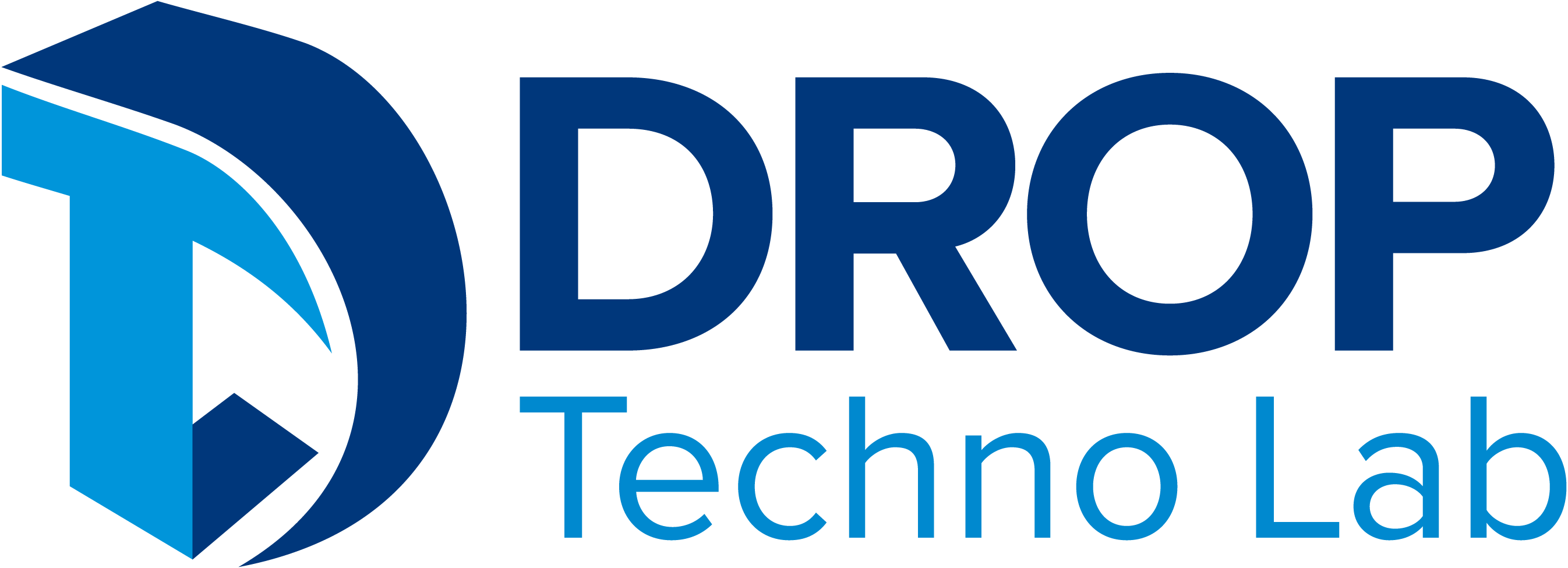What is Laravel?
Laravel is a robust, open-source PHP framework known for its unique combination of strength and ease of use. It caters to a wide range of users and offers comprehensive features that make it easy for developers to create modern web applications. At its core, Laravel focuses on simplicity and practicality, seamlessly integrating automated testing into the development workflow for improved efficiency.
Why Laravel is popular?
- Laravel has become increasingly popular among developers due to its numerous advantages. One of its key strengths is its ability to reduce development timelines while boosting coding efficiency. Unlike its competitors, Laravel makes single database management and cutting-edge HTML generation effortless, setting a new standard in framework versatility. Developers worldwide appreciate Laravel for its expressive syntax and comprehensive feature set, making it the go-to framework for modern development projects.
- Developers can now streamline authentication with Laravel’s built-in system by configuring models, views, and controllers to fortify applications with security measures.
- Developers can easily create dynamic websites with Laravel’s innovative template engine. The framework’s rich ecosystem includes libraries, tools, and templates to speed up development cycles.
Unveiling the Pros and Cons of Laravel:
Pros:
- Effortless Data Migration: Laravel simplifies and streamlines data migration processes, making them easier to manage.
- Synchronization with Latest PHP Features: Laravel stays up-to-date with the latest PHP advancements, providing developers access to state-of-the-art features.
- Built-in Exception Handling: Laravel has a built-in feature for managing exceptions and resolving configuration errors, which improves application stability.
- Robust Security Measures: Laravel prioritizes application security by implementing a secure access control system and robust error-handling mechanisms. This gives you peace of mind that your web applications are well-protected.
- Scalability: Laravel has built-in scalability features that allow developers to handle projects of different complexities easily.
Cons:
- Limited Built-in Support: Despite its versatility, Laravel may require more comprehensive built-in support than heavier frameworks such as Ruby on Rails and Django.
- Suboptimal for Mobile Development: Although proficient in web development, there may be better options for mobile app development than Laravel.
- Transition Challenges: We understand that transitioning between versions, such as from Laravel 4 to 5, can be challenging. However, with proper support and guidance, these challenges can be overcome.
Conclusion:
The discourse explored Laravel and its strengths and weaknesses. Use Drop Techno Lab’s expertise in fast, aesthetically pleasing, and developer-friendly Laravel-powered web development for informed decision-making in web solutions.











